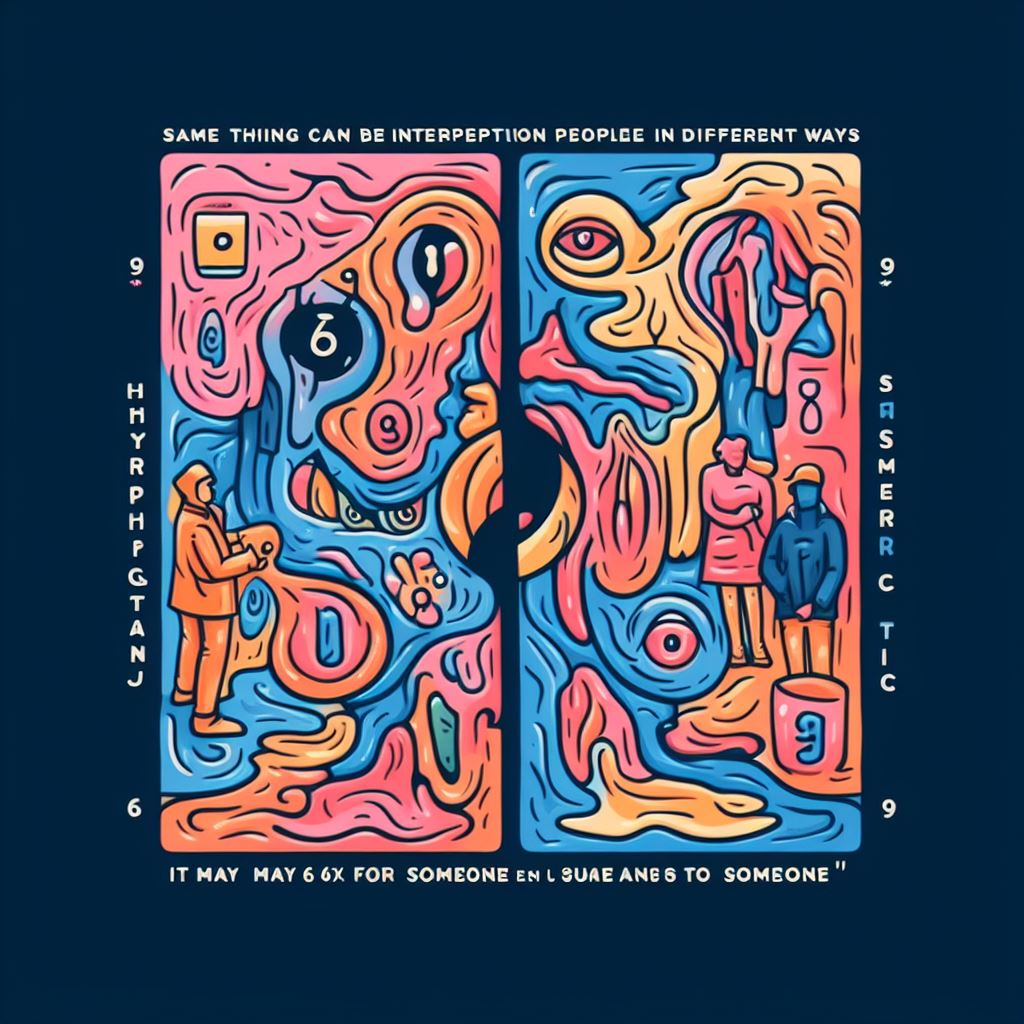
Nurture Yourself- Prioritizing Self-Care for Balance
In today’s fast-paced world, many prioritize productivity over everything else, including our health. Self-care is not a luxury; it’s a vital practice that nourishes our mind, body, and soul. Amid life’s demands, it’s easy to forget that we cannot pour from an empty cup. Taking time to rest, reflect, and recharge allows us to show up more fully for ourselves and others. Self-care is an act of love, a gentle reminder that our well-being matters. When we prioritize filling our cup, we foster a life of balance, inner peace, and renewed energy, creating space for growth, joy, and deeper connection with the world around us. Our bodies and minds need breaks to recharge and function optimally. Yet, some struggle with rest and self-care, often feeling guilty for taking time off. In this blog post, we’ll explore why rest is essential, the signs your body is begging for rest, and the barriers that prevent people from prioritizing their well-being.
Why Rest is Essential for Your Health
Rest is not just about sleep; it encompasses mental, emotional, and physical rejuvenation. It allows the body to repair itself, reduces stress, and improves cognitive function. When you’re well-rested, you’re more focused, creative, and able to handle life’s challenges. Consistent rest helps in preventing burnout, maintaining emotional balance, and boosting overall resilience. Rest is not something you “earn” after working hard—it’s an essential part of staying healthy.
Signs Your Body is Asking for Rest
Sometimes, we ignore our body’s signals, pushing through exhaustion in pursuit of our goals. However, the body has ways of telling us when it’s time to slow down:
- Physical Fatigue: Persistent tiredness or muscle soreness, even after a full night’s sleep, is a clear sign your body needs a break.
- Frequent Illness: When your immune system is weakened, it becomes harder to fight off infections, leading to frequent colds or other health issues.
- Increased Irritability: Rest is not just physical—lack of emotional and mental rest can make you feel overwhelmed, irritable, or anxious.
- Difficulty Concentrating: Struggling to focus or experiencing brain fog can signal the need for mental rest.
- Sleep Problems: Ironically, one of the signs of needing more rest is difficulty falling or staying asleep. Your body is overstimulated, and rest becomes elusive.
Recognizing these signs early can prevent long-term harm and ensure you take time for much-needed self-care.

Why Some People Feel Guilty About Taking Rest
Despite the importance of rest, some people feel guilty about taking time off. This guilt often stems from societal and personal expectations. People in demanding careers or those with perfectionist tendencies may feel that rest is unproductive or a sign of laziness. They may fear being judged or feel they must constantly prove their worth through hard work.
Additionally, individuals who are caretakers, whether at work or home, may struggle to prioritize their own needs, feeling obligated to care for others before themselves. This can lead to burnout and resentment, as they neglect their own well-being in the process.
What Stops People from Prioritizing Themselves?
Many barriers prevent people from prioritizing self-care, including:
- Cultural Conditioning: In many cultures, productivity is equated with success, and rest is viewed as indulgent or unnecessary. This mindset discourages individuals from taking breaks.
- Fear of Falling Behind: In competitive environments, people fear that if they take time to rest, they’ll lose their edge or fall behind their peers.
- Perfectionism: Those with perfectionist tendencies often believe that nothing less than 100% effort is acceptable. They push themselves to the point of exhaustion, fearing that rest will compromise the quality of their work.
- Guilt: Many feel that self-care is selfish, especially when others depend on them. This guilt makes it hard to prioritize rest, even when they desperately need it.
- External Pressure: Society often glorifies overworking. “Hustle culture” praises those who sacrifice their well-being in the name of success, making it harder for individuals to listen to their own needs.
How to Overcome Guilt and Prioritize Rest
To overcome these barriers and prioritize rest, it’s important to shift your mindset:
- Redefine Success: Understand that being productive doesn’t mean working all the time. Success includes taking care of your mental and physical health so that you can perform at your best in the long run.
- Set Boundaries: Learn to say no to tasks or commitments that don’t align with your well-being. Setting limits allows you to protect your energy and create space for rest.
- Practice Self-Compassion: Remind yourself that it’s okay to rest. Treat yourself with the same kindness you would offer a friend. Recognize that rest is part of maintaining balance and resilience.
- Mindfulness and Self-Awareness: Pay attention to your body and mind. When you notice the signs of exhaustion, honor them by taking a break. Building this awareness will make it easier to prioritize rest without guilt.
- Change Your Environment: Surround yourself with people who value self-care and support your decision to rest. Distance yourself from influences that promote overworking or shame you for resting.
Conclusion: Rest is Not a Luxury, It’s a Necessity
Rest is fundamental to your health and well-being. It’s time to let go of the guilt and recognize that taking time for yourself is not selfish; it’s essential for living a balanced and fulfilling life. By listening to your body and overcoming societal pressures, you can make rest a regular part of your routine—and ultimately, perform better in all areas of life.
Prioritize rest today, and your future self will thank you.



